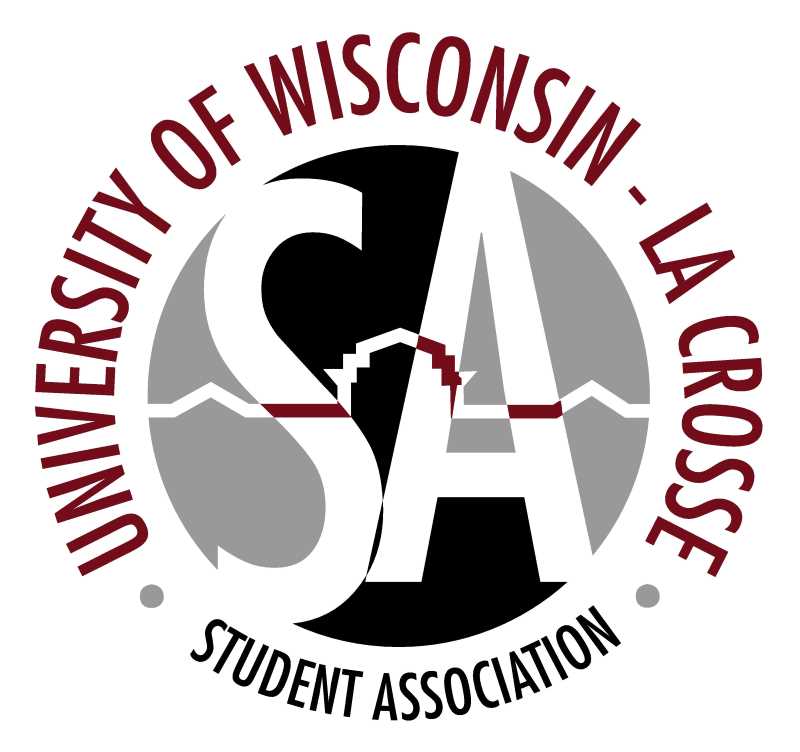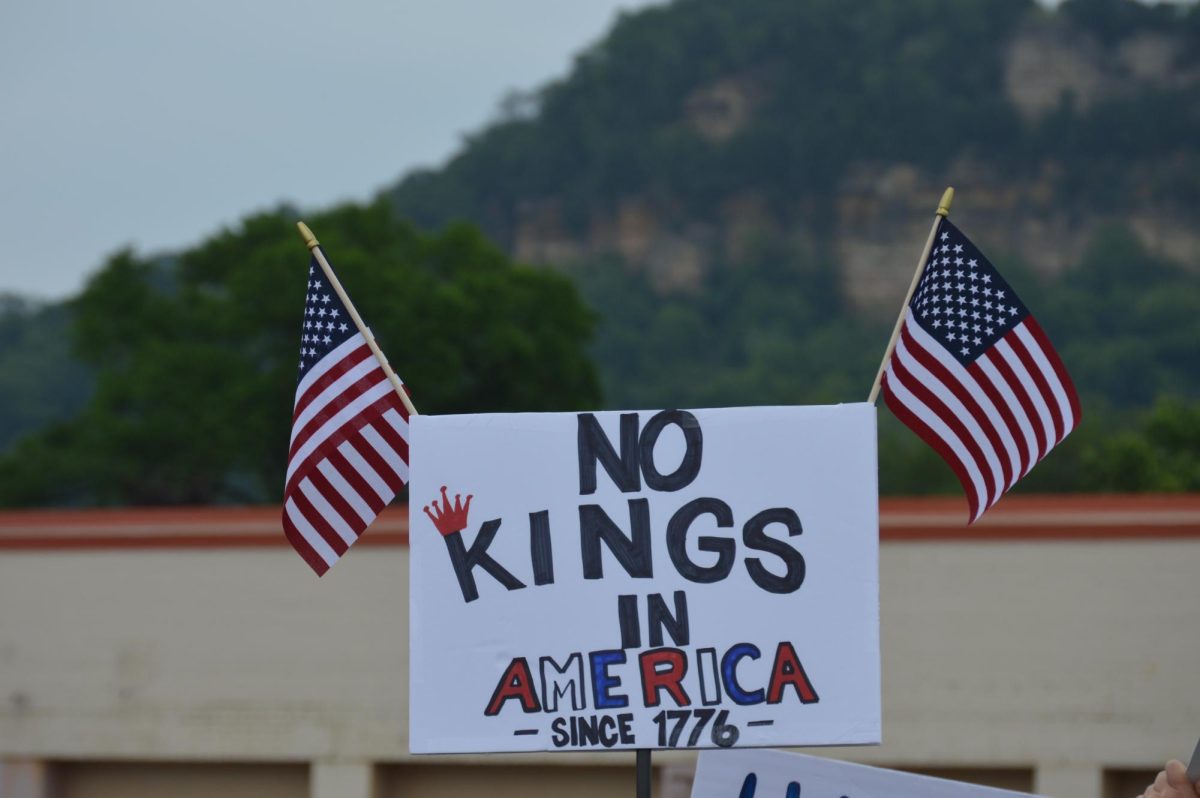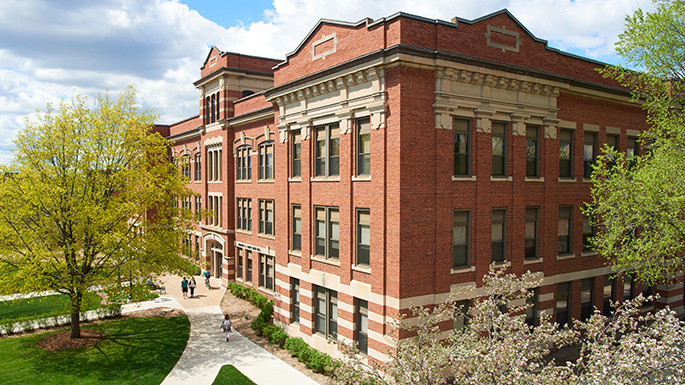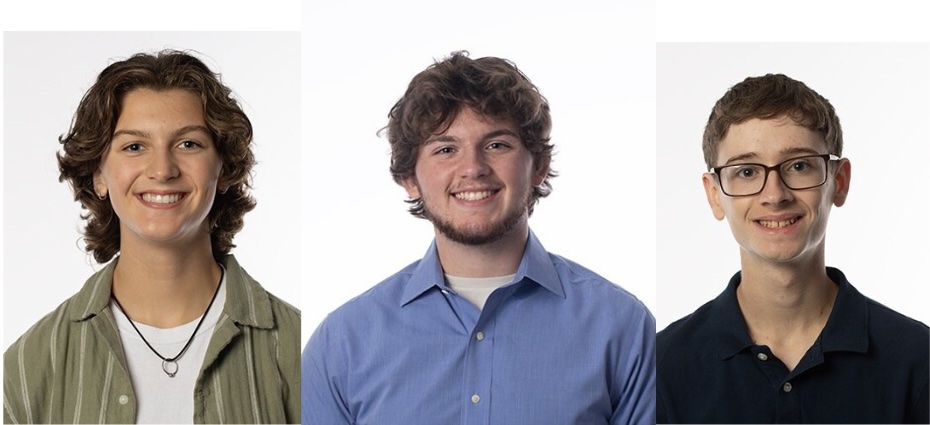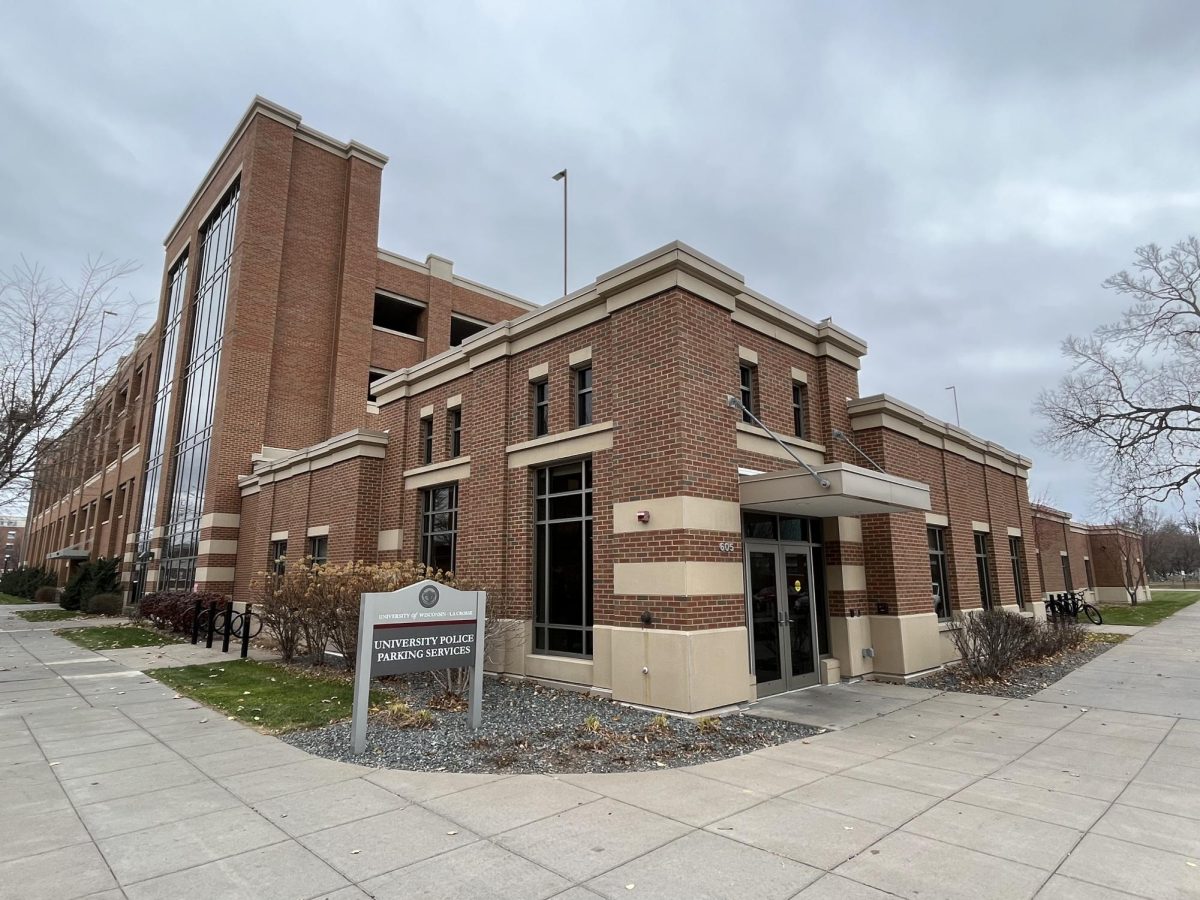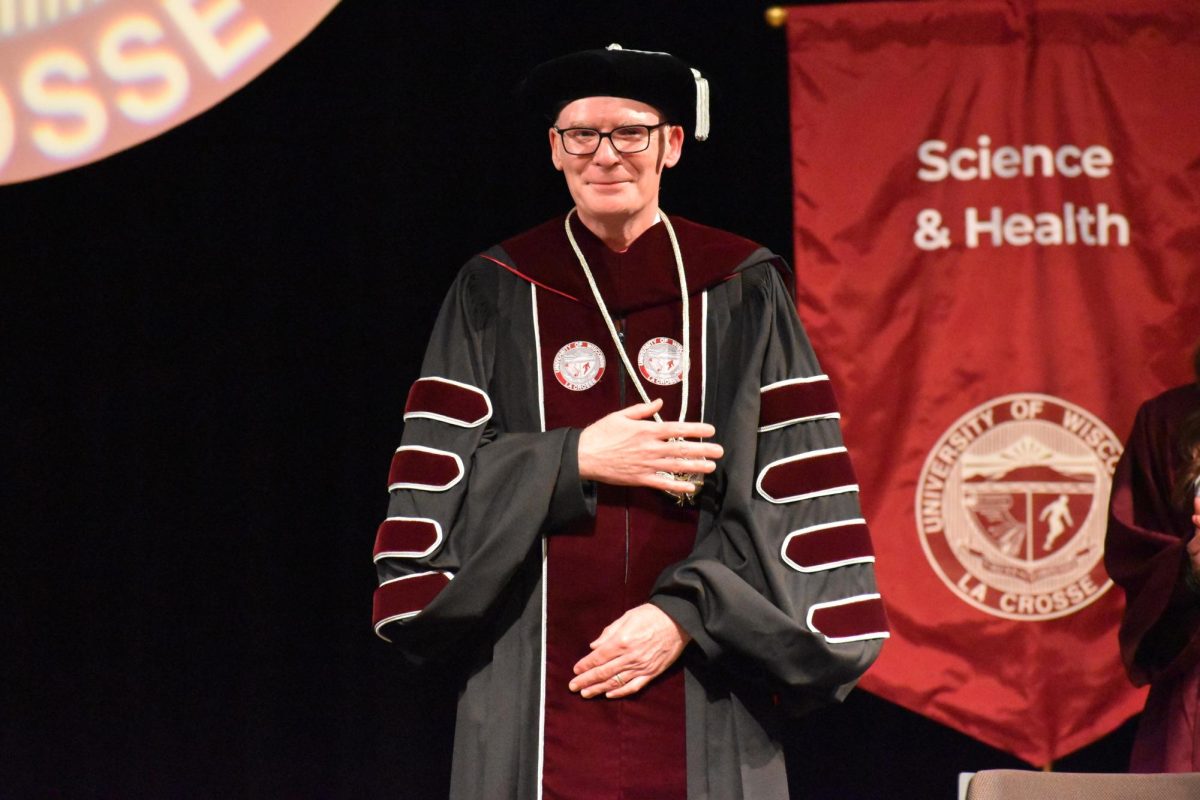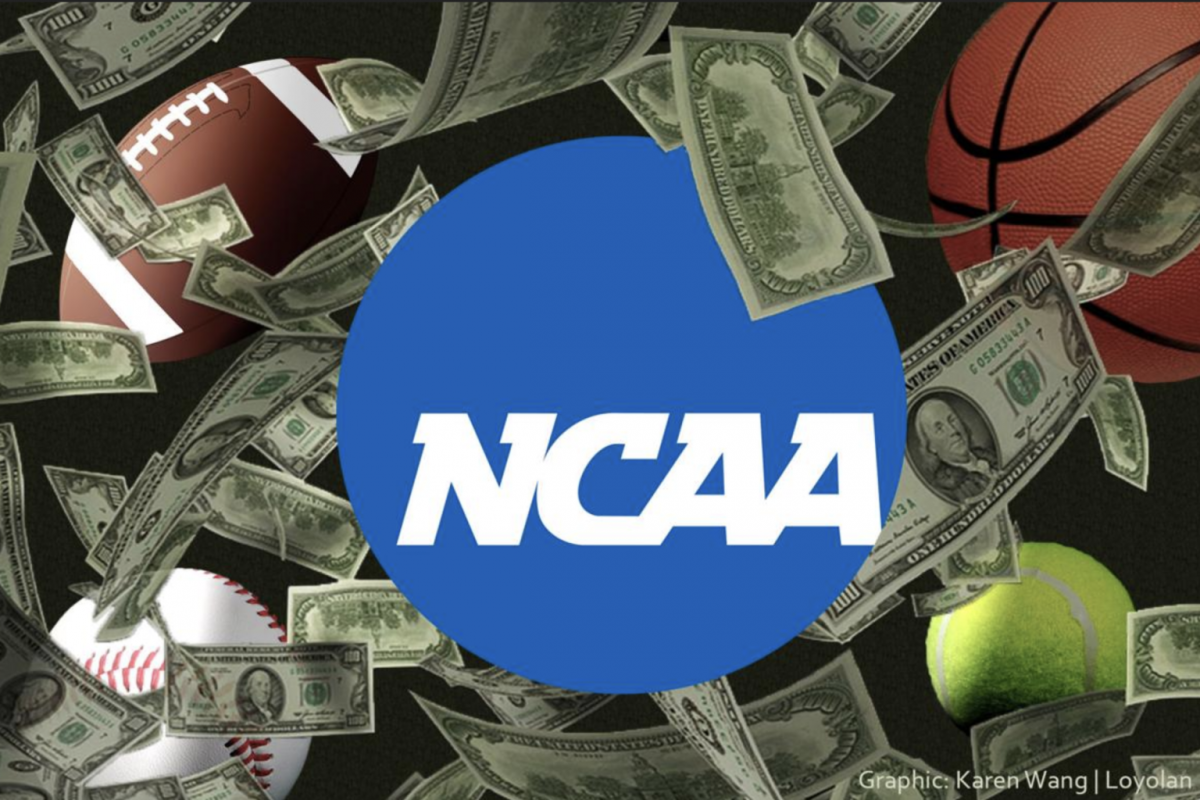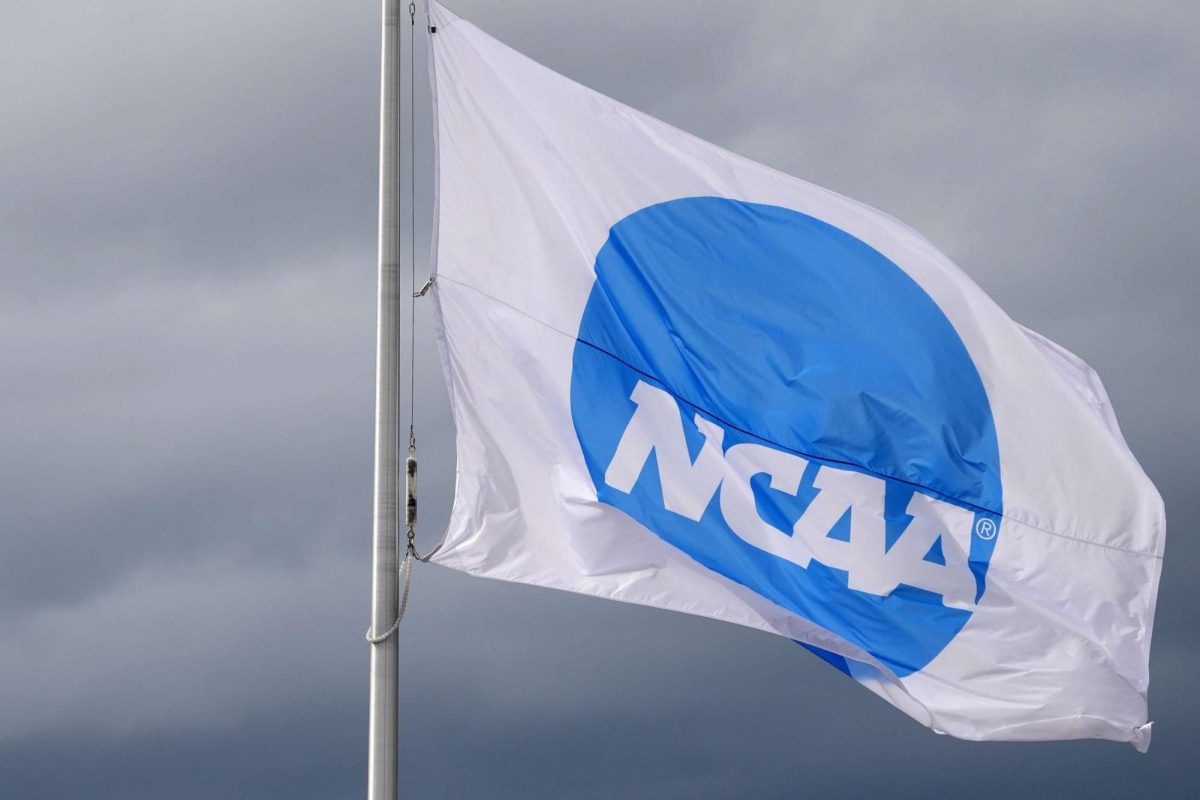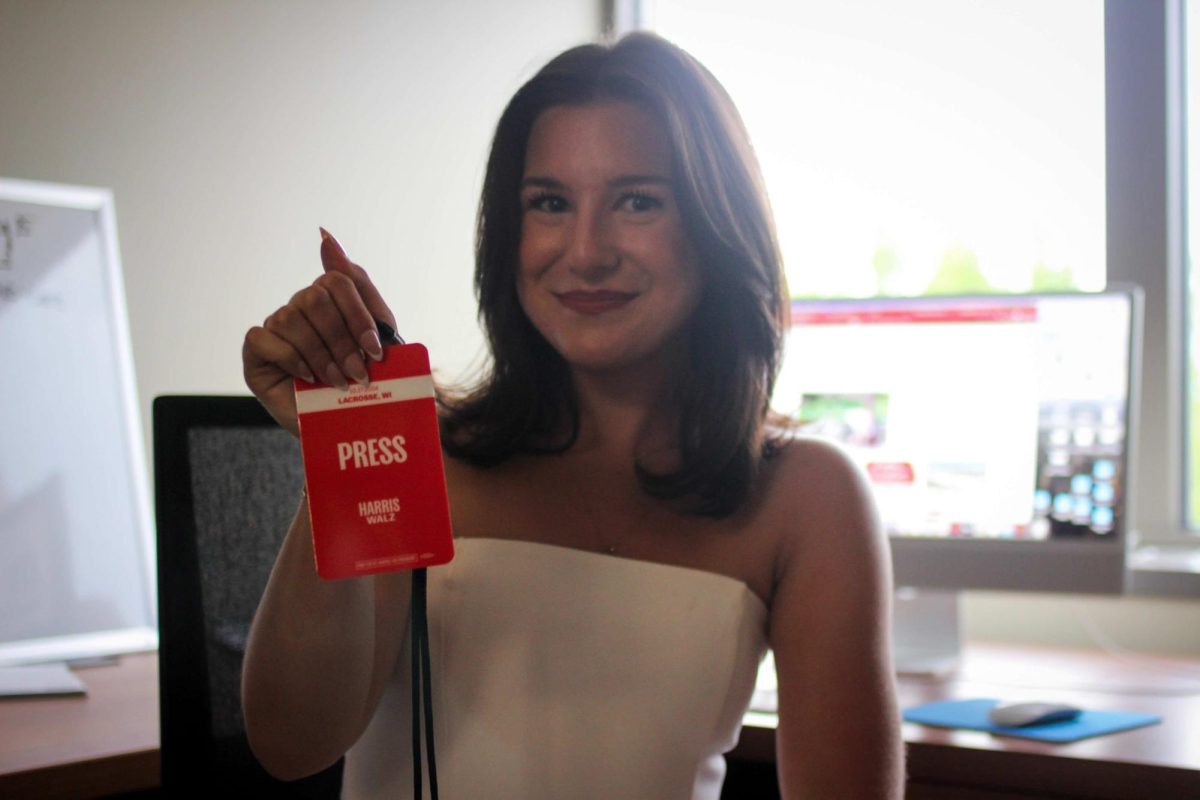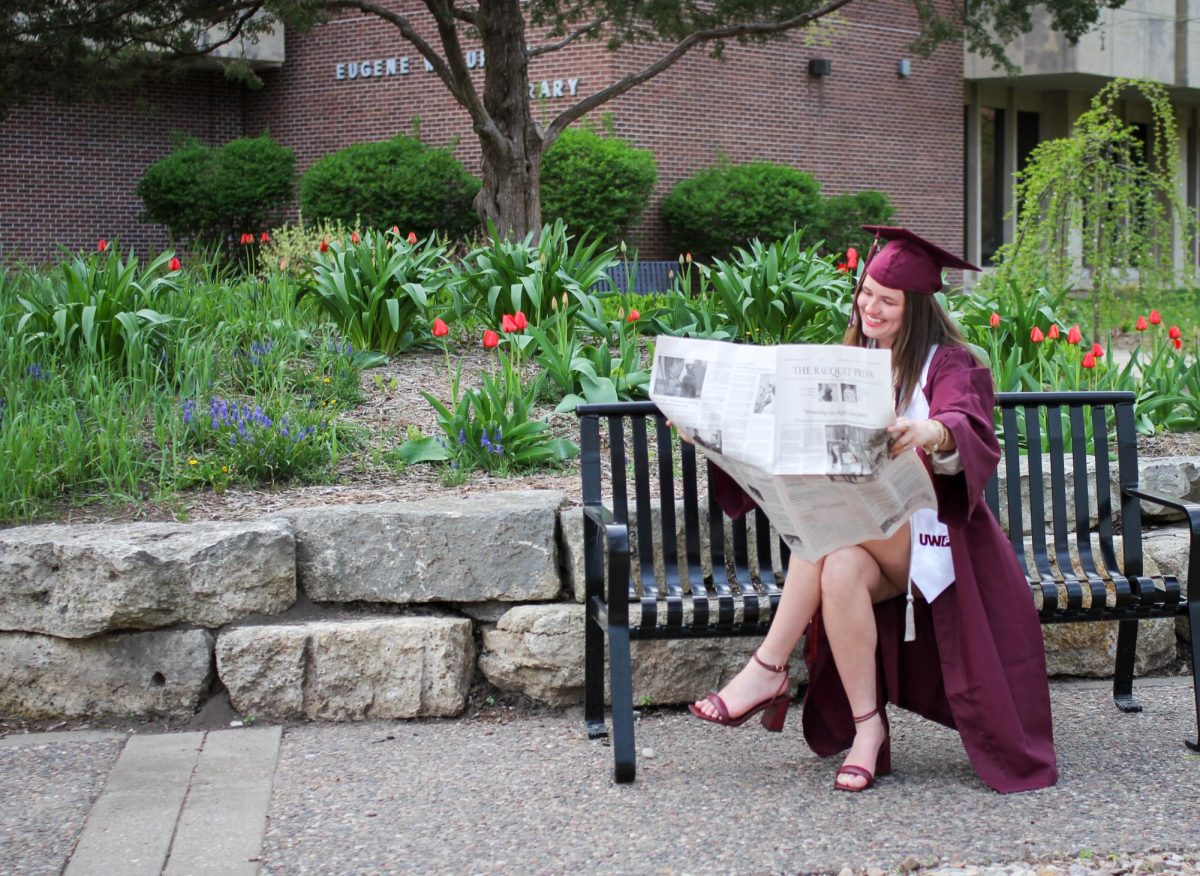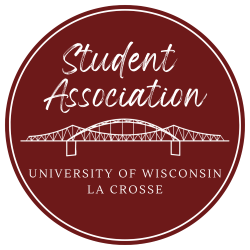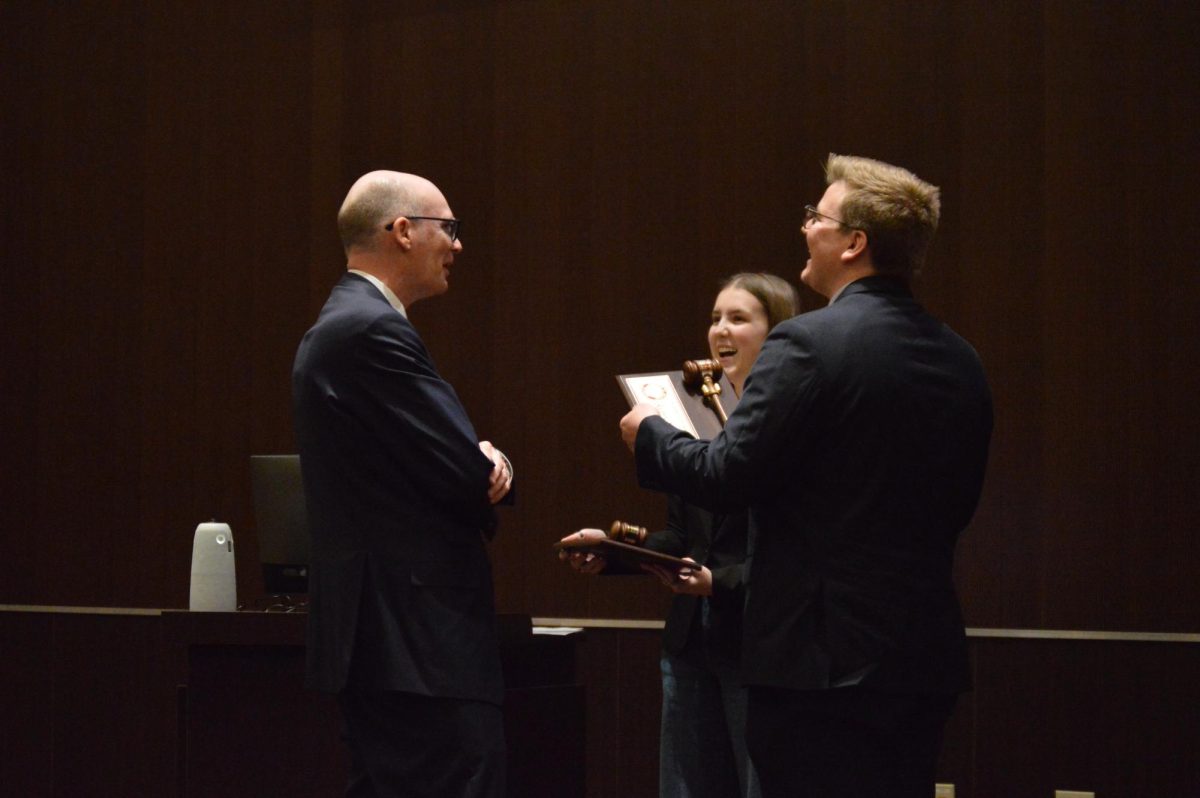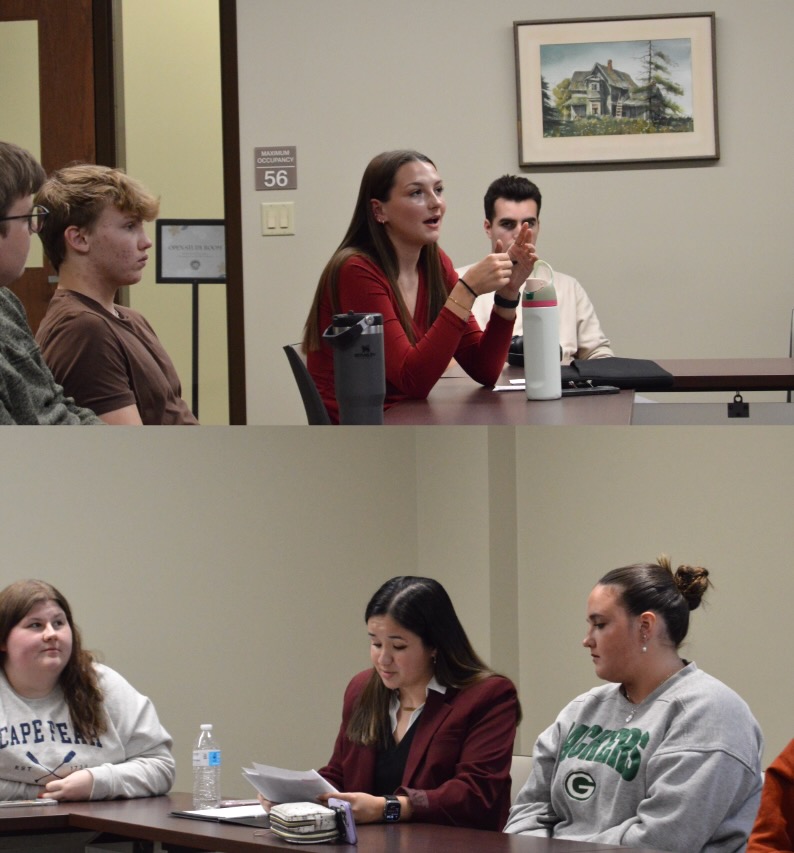On Wednesday, Nov. 29, the University of Wisconsin-La Crosse Student Association (SA) met to discuss resolutions by the Segregated University Fee Allocation Committee (SUFAC) regarding topics such as replacing steam traps in Wentz Hall and approving an electric vehicle (EV) charging station, which would be funded partly through the Green Fund.
Green Fund Coordinator Cassandra Ziegler presented on the Green Fund and one of the requests being brought forward. The Green Fund website describes the Green Fund as a, “student-run entity that gives the UWL community the means to make larger steps towards a more sustainable campus.”
The presentation showed that requests submitted to the Green Fund fall into one of two categories, large grants and mini grants. Requests of $5,000 of more are classified as large grants while requests less than $5,000 are considered mini-grants. Mini-grants can be requested solely by students and must be approved by the Joint Committee on Environmental Sustainability (JCES) while large grants can be requested by students, faculty and staff. Additionally, large grants must be approved by the JCES, SUFAC as well as SA.
Ziegler presented on a request for a large grant which was requested by UWL Residence Life and would be used to replace the steam traps in Wentz Hall over this coming summer as it goes through a renovation. Residence Life was asking for a total of $34,650, which would be used to cover material, labor and contingency costs.
Coming into SA, this resolution had been recommended for approval by SUFAC and only needed final approval from SA. In her presentation, Ziegler made the case that replacing the steam traps in Wentz Hall would reduce the steam use, therefore reducing the natural gas usage, and improve the quality of living for those who live in Wentz Hall.
Sustainability Program Manager Andrew Ericson authored and presented a second request for a large grant. This request was for two ChargePoint chargers to be installed in parking lot C-12, which would allow for the charging of up to four EVs at once. As detailed in the presentation that Ericson brought forward, the total project cost is estimated to be $85,000. The Green Fund would only partially fund the project with a contribution of $46,186. The remaining funding is to come from Parking Services, Xcel Energy and UWL General Funding.
Ericson also highlighted the existence of the Alternative Fuel Vehicle Refueling Property Tax Credit, which would return 30% of the funds spent on the project back to the school, estimated to total $21,573 back to UWL. This tax credit would be redistributed proportionate to where contributions were made, bringing the net cost to the Green Fund down to $32,318.
Ericson’s presentation also highlighted the need for an EV charging station. Ericson said, “The lack of EV charging currently has been a real hindrance to the growth and the amount of electric vehicles we are seeing on the market.”
Another reason for EV chargers Ericson presented was regarding the levels of greenhouse gas emissions. According to Ericson’s presentation, 29% of the United States’ greenhouse gas emissions are caused by the transportation sector. “In other sections of the economy, we are seeing a reduction in greenhouse gas emissions, but in transportation we are not seeing that. Actually, from 1990 to 2023 there has been a 19% increase.” said Ericson. “That’s really scary, we need to be cutting emissions as soon as possible. And so, getting EVs out as fast as possible is one of the key ways to do that.”
Ericson provided a comparison of greenhouse gas emissions in internal combustion engines versus EVs in Wisconsin. An internal combustion engine would produce 12,954 pounds of carbon dioxide each year in Wisconsin while an EV would produce 4,005 pounds. Regarding the future of EV emissions in Wisconsin Ericson said, “The electricity grid is getting cleaner, every year that number is going to decrease and that difference is going to increase.”
Despite the benefits having an EV charging station on campus brings, Ericson mentioned that there is a piece of legislation in the works that, if passed, may bring these plans to a halt.
The piece of legislation, known as LB-2813/1, states, “No state agency may own, operate, manage or lease an electric vehicle charging station containing a Level 1, Level 2 or Level 3 charger unless the charger is not available to the public and is solely used to charge vehicles owned or leased by a state agency.” This piece of legislation would prevent UWL from having any EV charging stations at all.
SA will continue their discussion of these proposed resolutions and will vote on approving them during their meeting next week on Dec. 6.

